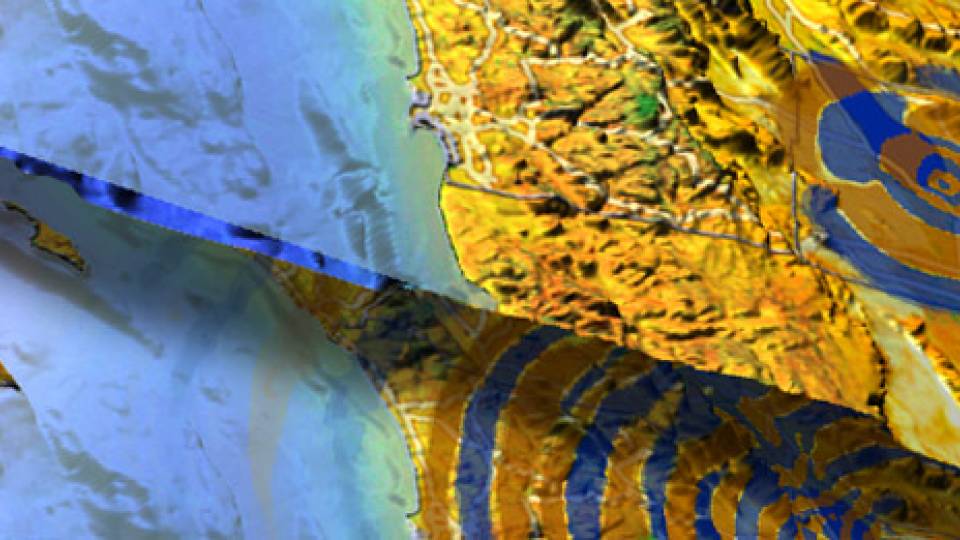Three projects based at Princeton University and the Princeton Plasma Physics Laboratory (PPPL)(Link is external) have received a total of 162 million processor hours on the two most powerful computers in the nation dedicated to open science thanks to Innovative and Novel Computational Impact on Theory and Experiment (INCITE) grants from the U.S. Department of Energy. The projects are among 56 nationwide to receive a combined 5.8 billion core hours at the DOE Leadership Computing Facilities at Argonne and Oak Ridge national laboratories.
Jeroen Tromp(Link is external), the Blair Professor of Geology and professor of geosciences(Link is external) and applied and computational mathematics(Link is external), and associate director of the Princeton Institute for Computational Science and Engineering (PICSciE), is principal investigator on the project, “Global Adjoint Tomography,” which received 80 million processor hours. Tromp will work with Matthieu Lefebvre, a computational research application analyst in Princeton’s Office of Information Technology(Link is external), and researchers from the University of Nice Sophia Antipolis, the French National Centre for Scientific Research and the Swiss Federal Institute of Technology in Zurich.
James Stone(Link is external), a Princeton professor of astrophysical sciences(Link is external) and applied and computational mathematics, and director of PICSciE, is principal investigator for the project, “Magnetohydrodynamic Models of Accretion Including Radiation Transport,” which received 47 million hours. Stone will work with researchers from the University of Virginia, the University of Illinois at Urbana-Champaign, Harvard University and the University of California-Berkeley.
Amitava Bhattacharjee(Link is external), professor of astrophysical sciences and head of theory and computation at PPPL, William Fox, a staff research physicist at PPPL, and Yi-Min Huang, a research scholar in astrophysical sciences, received 35 million hours for their project with a researcher from the University of New Hampshire, “Dynamics of Magnetic Fields in High-Density Plasmas.” Bhattacharjee is principal investigator.
More information the projects is available on the INCITE program website(Link downloads document) (Link opens in new window).

